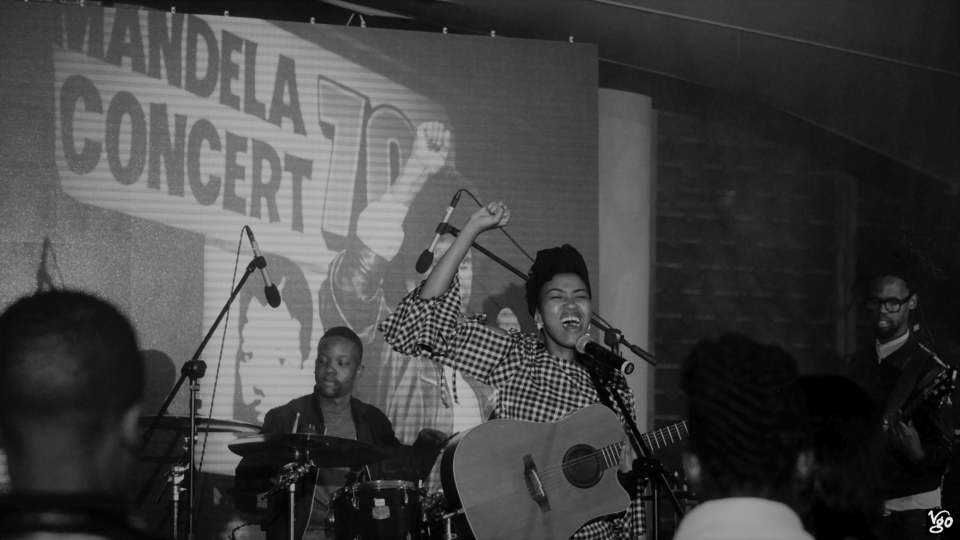That one god is said to be just,
That other to be loving,
Yet another to be merciful,
And they all are deemed to be one,
Though one, in three, despises all logic on top.
It must be because of all this
That the people around the world are holding their breath,
Again,
Expecting yet worse to come
Out of godly justice, love, and mercy.
It must be because of all of this
That we’re debating what’s worse:
Cutting the heads off of babies?, or
Pulverise their little bodies by dropping bomb after bomb on them?
Quality over quantity, huh?
It must be because of all of this
That some land-grabbing is okay (just!),
While others, elsewhere, are expected to go empty.
If there was a god I should refuse to be a spitting image
And spit in his-her-its face instead
And tell him-her-it to keep their justice, love and mercy all to themself.
Note: I completely misjudged the dimension of the Hamas terror attack a year ago. Too many years of being news-numbed.

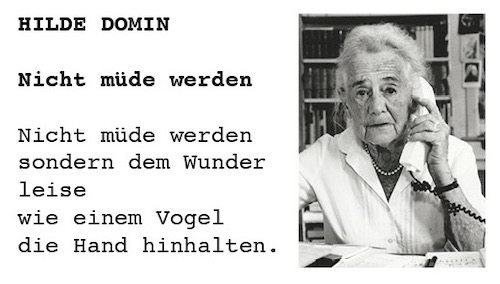

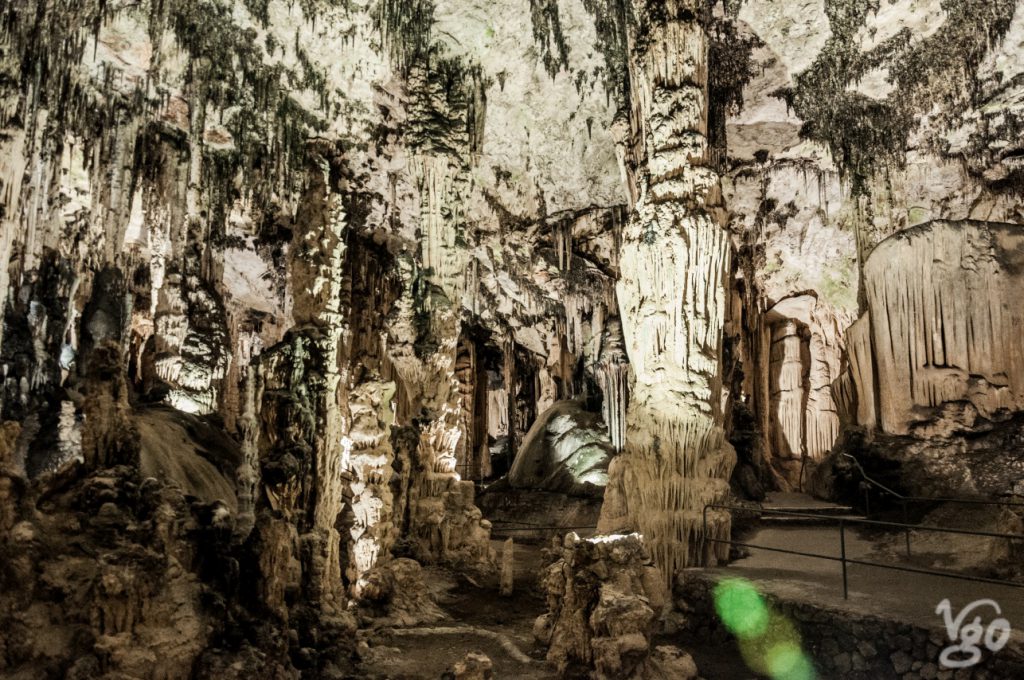
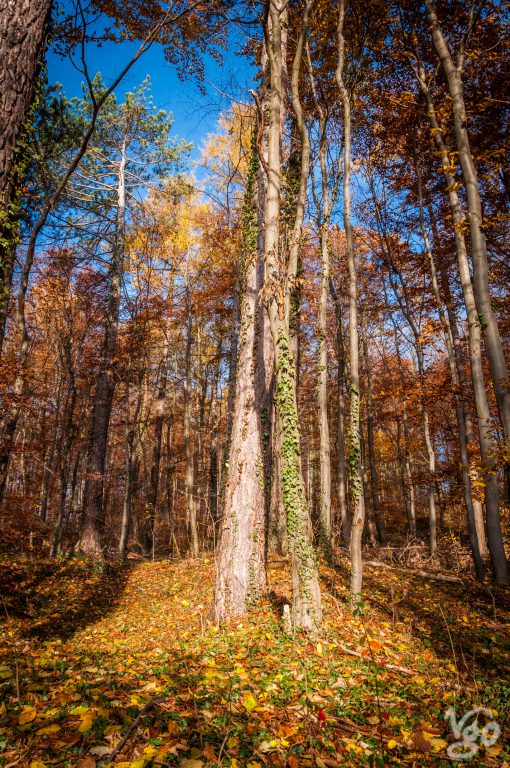
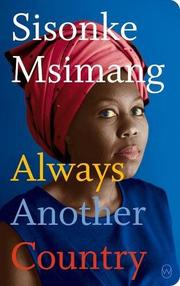
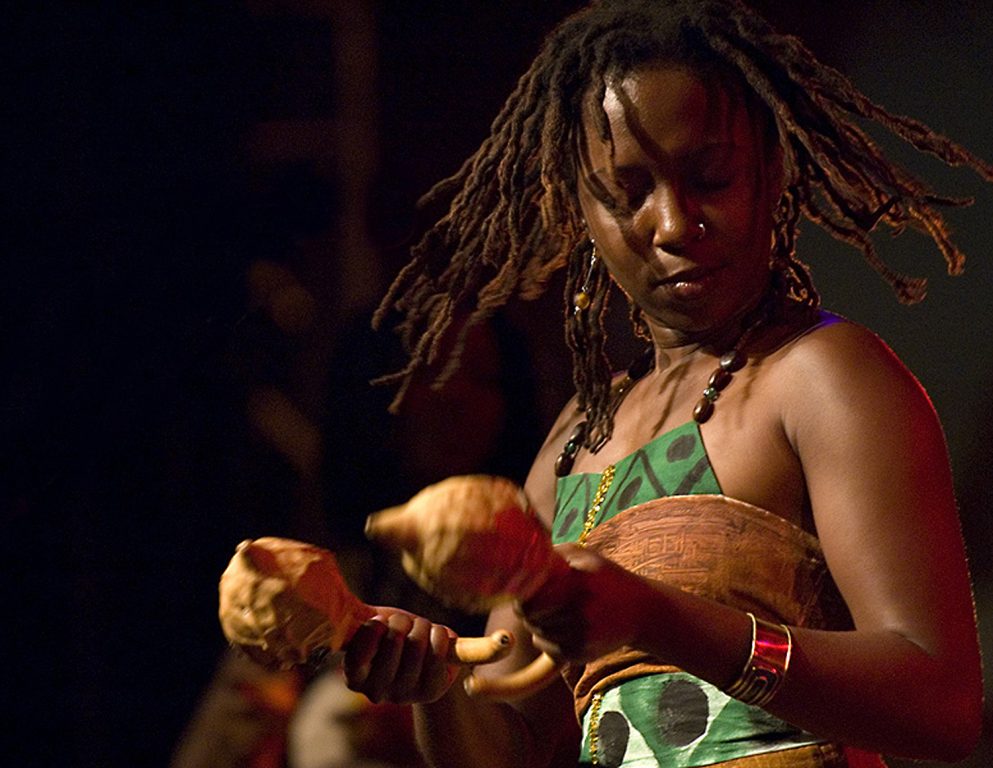
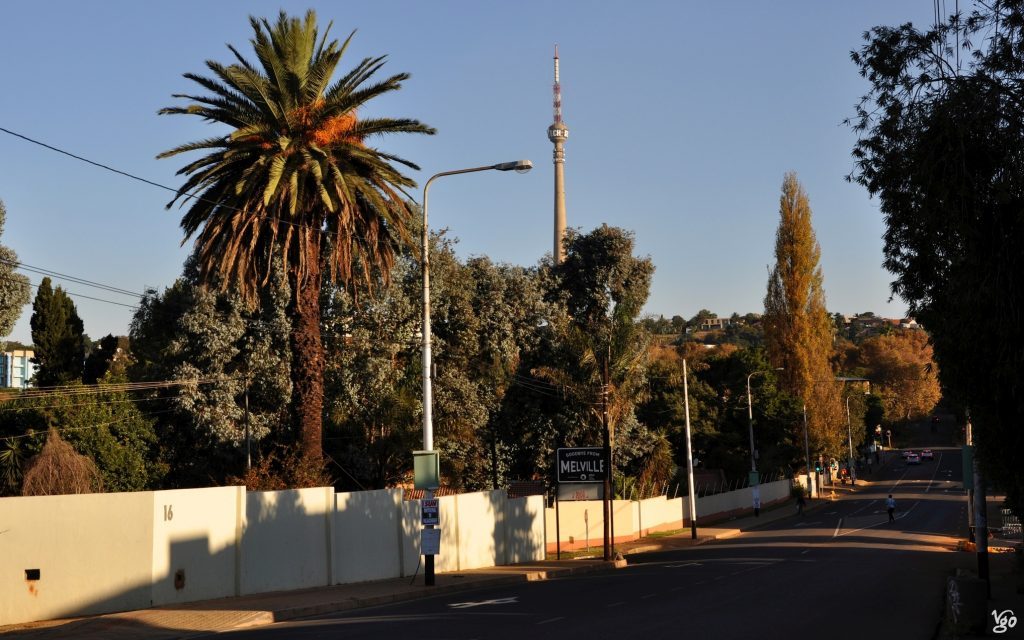
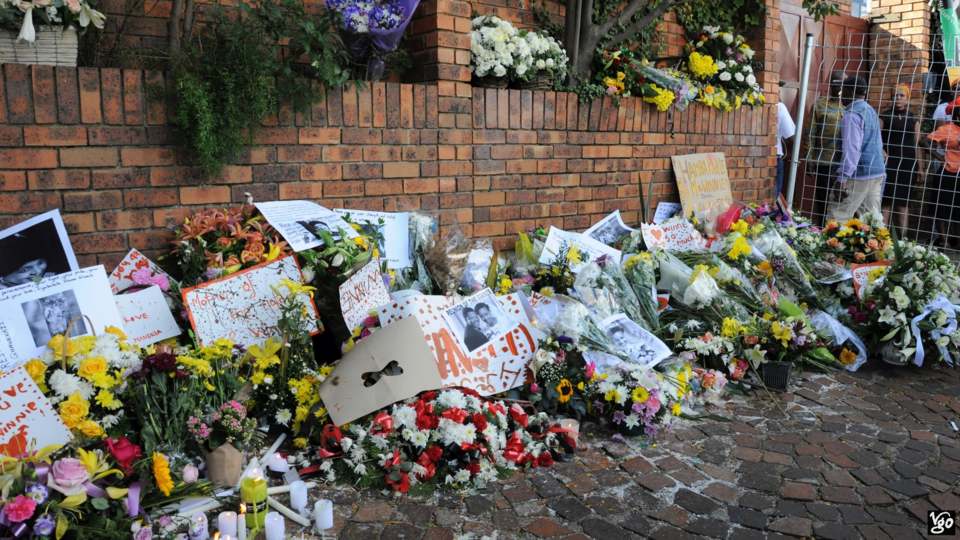 Yet her name and legacy will forever be remembered in every shouting of
Yet her name and legacy will forever be remembered in every shouting of 